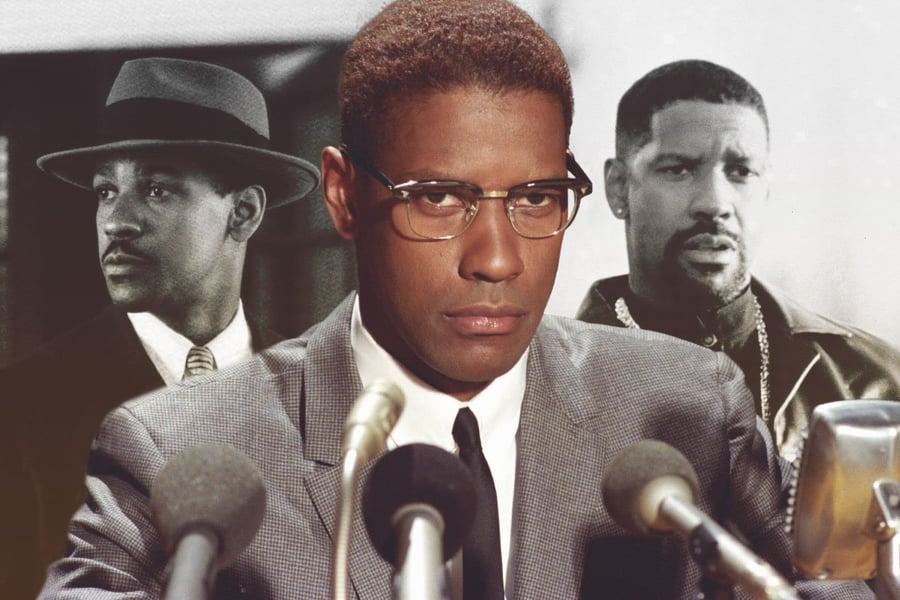Denzel Washington’s Movies Ranked, From Worst to Best
From ‘Magnificent Seven’ to ‘Malcolm X,’ we break down every one of the star’s greatest (and not-so-great) performances

Ever since Denzel Washington’s theatrical debut in the early 1980s, the actor has given some of the most incredible performances of our time across more than three decades: Who can deny his compelling work in films like Cry Freedom, The Mighty Quinn or Mo’ Better Blues? Or such Nineties classics as Malcolm X, Mississippi Masala or Crimson Tide? Or his brilliant later turns in movies like Inside Man, Fences and Flight?
Washington is the rare talent who can transcend — and usually improve — his material. He’s become perhaps one of the more reliably bankable movie star in Hollywood’s firmament, despite the fact that he generally avoids sequels and superhero movies. Watching and re-watching Denzel’s films — 48 of them, since 1981, and all of them big parts — you’re seized with a newfound respect for the man’s craft, talent, and passion in his performances. That doesn’t mean we’re not gonna rank them, however!
Here are all of Denzel Washington’s performances, from worst to best, the WTF to the downright brilliant. What an impressive body of work. (All blurbs written by Bilge Ebiri unless otherwise noted.)
From Rolling Stone US


















































































